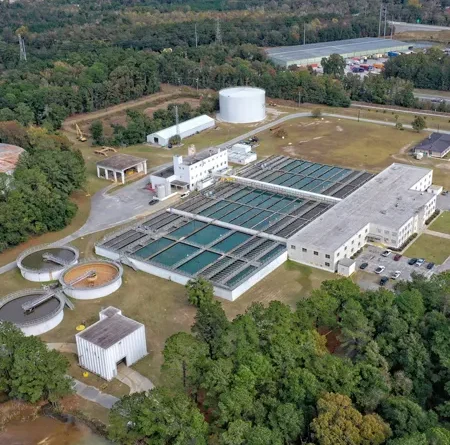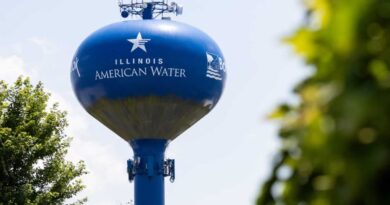Georgia includes forever chemicals in state drinking water
Georgia’s Environmental Protection Division has proposed updating its drinking water rules to regulate two specific PFAS chemicals—PFOA and PFOS—aligning with the EPA’s recent decision to limit regulation to just these two “forever chemicals.” PFAS, used for decades in products like nonstick coatings and firefighting foam, linger in the environment and accumulate in people, posing risks such as liver damage, endocrine disruption, weakened immunity and potential cancers. Georgia’s draft rules set strict limits of 4 parts per trillion, require mandatory monitoring with no waivers, and outline deadlines for testing beginning in 2027. Although thousands of PFAS exist, the state is moving forward only with these two forms, following federal direction.
Meeting these standards will likely be costly for local water systems, since removing PFAS requires advanced treatments such as reverse osmosis, activated carbon or specialized filtration technologies. In Savannah, the issue is compounded by widespread PFAS contamination found in the Savannah River watershed and by the city’s ongoing lawsuit against nearly 50 manufacturers accused of polluting drinking water sources. While the city is monitoring PFAS levels, long-term filtration plans remain uncertain as water providers await further regulatory requirements—and hope that cleanup costs will ultimately be shifted to the companies responsible.




